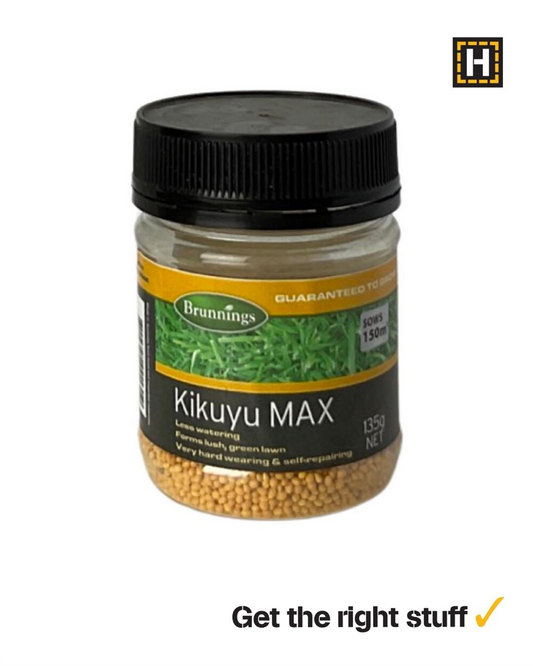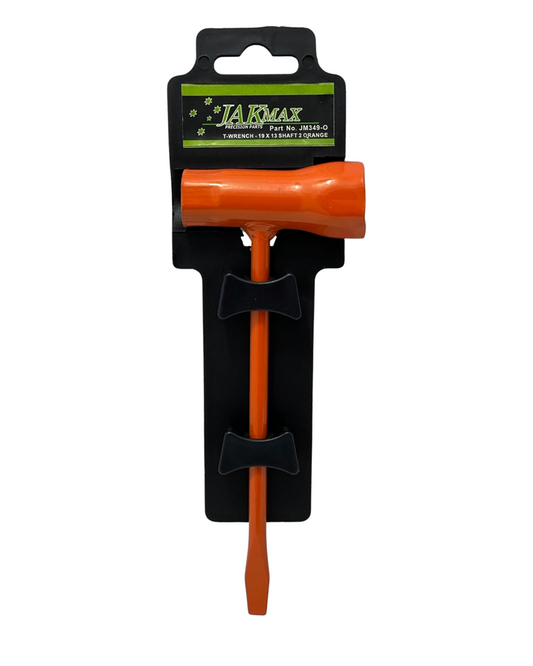How to keep fruit flies out of your garden for good
Share
Say Goodbye to Fruit Flies: Keep Your Garden Bug-Free
So, you've poured your heart into planting a beautiful garden. The veggies are thriving, the citrus trees are laden with ripening fruit, and then—bam! Fruit flies. Those annoying little insects seem to appear out of nowhere, ruining your hard-earned produce. But don’t worry, you’re about to kick them out for good.
Why Are Fruit Flies So Stubborn?
Fruit flies are tiny, but they are relentless. They sniff out ripe and decaying fruit like they have built-in GPS. Once they find a food source, they lay eggs, and before you know it, they multiply by the hundreds. If you've ever picked a fruit only to have tiny flies scatter around it—that's them, setting up shop in your garden.
Make Your Garden Less Inviting
Fruit flies aren't just hanging around for the fun of it. They're after an easy meal and a good spot to lay eggs. Here’s how to make your garden as unwelcoming as possible:
- Pick up fallen fruit: Overripe or rotting fruit is an open invitation for fruit flies. Check under your trees and veggie plants regularly and dispose of anything suspicious.
- Harvest early: If you notice that fruit is ripening fast, pick it sooner rather than later. A little underripe is better than fruit fly-infested.
- Prune and thin: Overgrown trees and dense vegetation create hiding spots for fruit flies. Keep things neat so air can circulate, making it harder for them to thrive.
- Control moisture: Fruit flies love damp environments. Water early in the morning so your garden dries throughout the day, reducing temptation.
Use Nature to Your Advantage
There’s nothing wrong with calling in reinforcements. Some plants and insects naturally help keep fruit flies at bay. Here’s how they can work for you:
- Plant herbs they hate: Basil, mint, and lemongrass aren’t just great for cooking—they also repel fruit flies.
- Introduce beneficial insects: Ladybugs, lacewings, and even certain wasps hunt fruit fly larvae and keep their numbers in check.
- Encourage local birds: Small birds often snack on fruit flies and other pests. Attract them with bird-friendly plants and a water source.
Trap and Reduce Their Numbers
Sometimes, you need to take a more direct approach. If fruit flies are already causing trouble, try these simple traps:
- Apple cider vinegar trap: Fill a jar with apple cider vinegar, add a drop of dish soap, and cover it with plastic wrap. Poke a few holes in the top, and watch as fruit flies crawl in but can’t escape.
- Red wine trap: Similar to the vinegar trick, but if you’ve got a bit of leftover wine, fruit flies will be drawn in even faster.
- Baited bottle trap: Cut the top off a plastic bottle and flip it upside down inside the base, creating a funnel. Add ripe fruit as bait, and the flies will get trapped.
Cover and Protect Your Harvest
Fruit flies love soft-skinned fruit, but you can deny them access to the buffet with physical barriers:
- Bagging fruit: Special mesh bags stop fruit flies from reaching your produce. This works especially well for mangoes, peaches, and tomatoes.
- Row covers: If you’re growing veggies like capsicums or eggplants, lightweight row covers keep fruit flies off without blocking sunlight.
- Netting around trees: A fine mesh over citrus and stone fruit trees prevents infestations before they start.
Final Thoughts
Fruit flies are persistent, but so are you. A mix of prevention, natural predators, and a few well-placed traps will keep your garden fly-free and flourishing. Stay on top of fallen fruit, set up barriers, and plant a few fragrant herbs to discourage unwanted visitors. With a little effort, you’ll enjoy fresh, homegrown produce without any unexpected protein surprises.
Happy gardening!
Candeece
 Stay Connected
Stay Connected
Join our gardening community on Facebook the Urban Gardener's Notebook
And follow our Store Facebook Page: Strathalbyn H Hardware on Facebook









